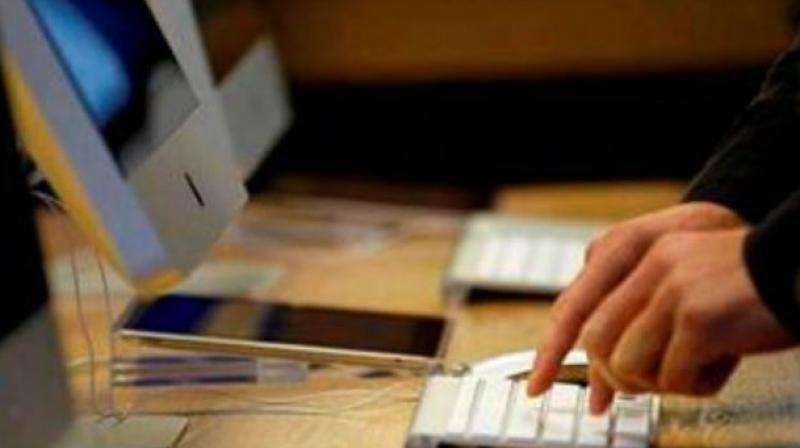Analysts turn whistleblowers for US fraud

Washington: Four years ago, two analysts who liked to swap notes on numbers they thought looked odd took a fateful step and tipped off US regulators about a company that one of them had watched for months. Orthofix International NV caught one of the analysts’ attention in 2012. The Texas-based medical device maker kept hitting ambitious earnings targets and many analysts had “buy” recommendations for the stock.
But the analyst thought something was off. Its earnings reports showed it was taking longer than usual for the company to get paid by wholesale customers, invoices were piling up and executives struggled to offer a convincing explanation, saying logistical problems at foreign offices were partly to blame. He spent months tracking quarterly reports and earning calls, and using algorithms to compare Orthofix’s ratios and patterns of sales and inventory turnover with financial data of its peers stored in databases such as Compustat.
“I am always on the lookout for something unusual, either just unusually good and under appreciated, or unusually bad,” the analyst said. “This one showed up as a company that looked like it had the potential to be unusually bad.”
In the spring of 2013, he e-mailed his spreadsheets to a fellow analyst and a friend of more than a decade, with whom he regularly chatted about companies and sectors. “The way we work together is one person makes a suggestion and the other person challenges it,” that friend said. “It is like a war game.” Now both men stand to win as much as $2.5 million after Orthofix reached a $8.25 million settlement in January with the Securities and Exchange Commission and several former executives collectively paid $120,000 in penalties to resolve accounting fraud charges.
The pair declined to be publicly identified, citing concerns that it might jeopardise their current professional relations. By entering the SEC whistleblower programme the duo showed how outsiders with analytical skills and tools and time to spare can accomplish what is typically done by those with inside access to confidential information.
The programme, established in 2011 under the Dodd-Frank financial reform law, aimed to bolster the SEC’s enforcement programme by encouraging insiders to report potential fraud. However, since its inception in September 30, 2016, over a third of the more than $111 million awarded to whistleblowers went to outsiders such as analysts, SEC said.

